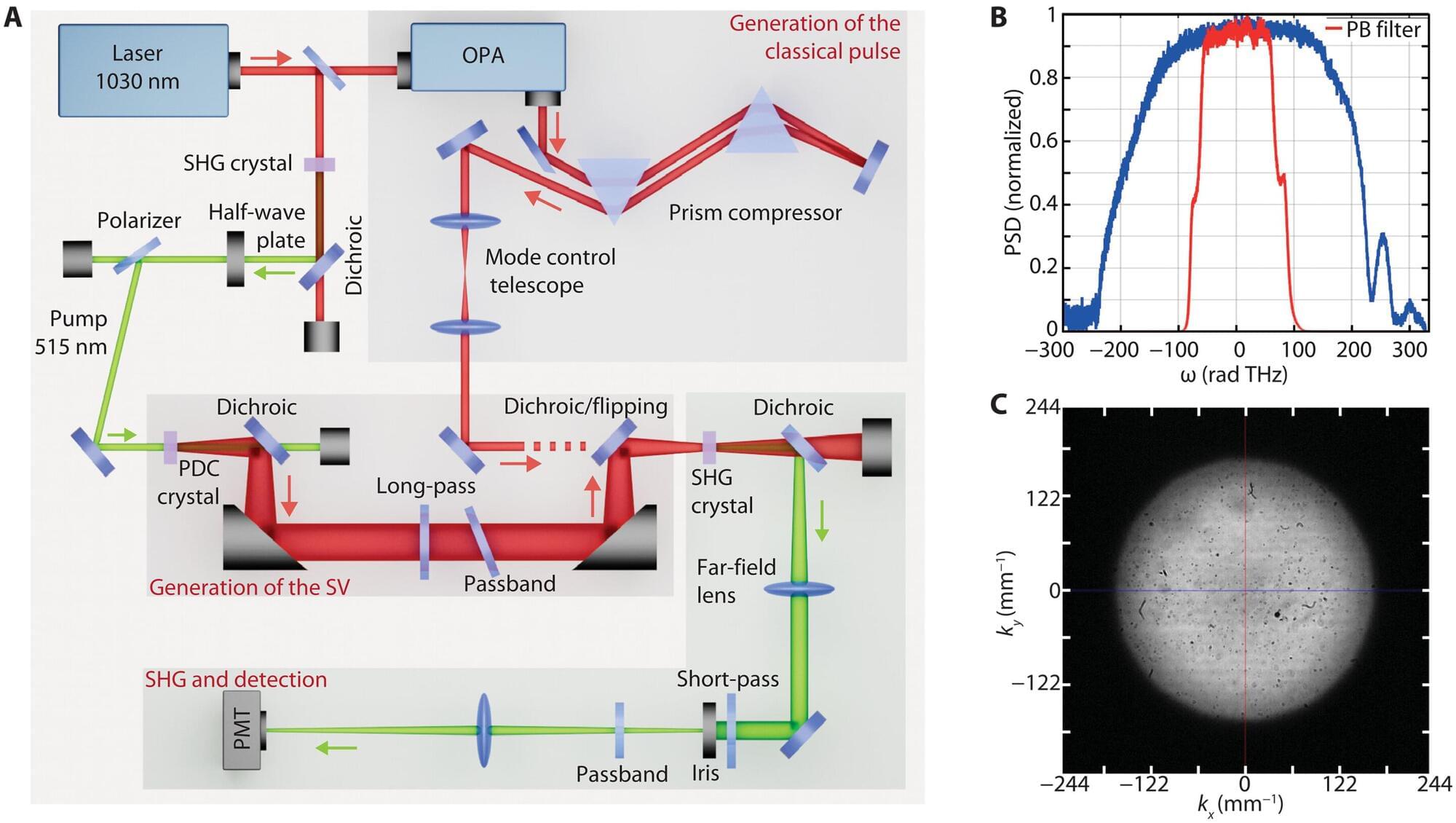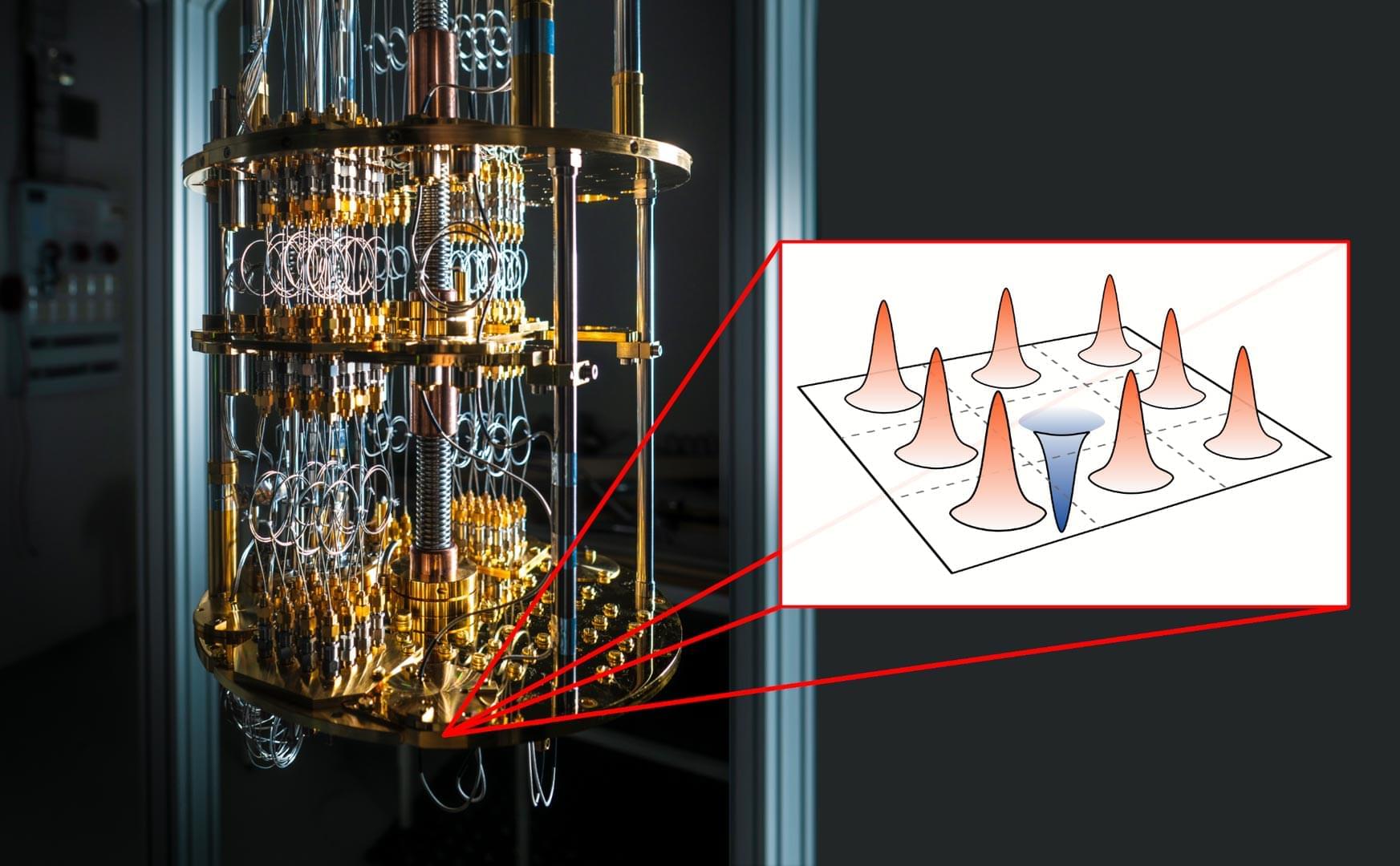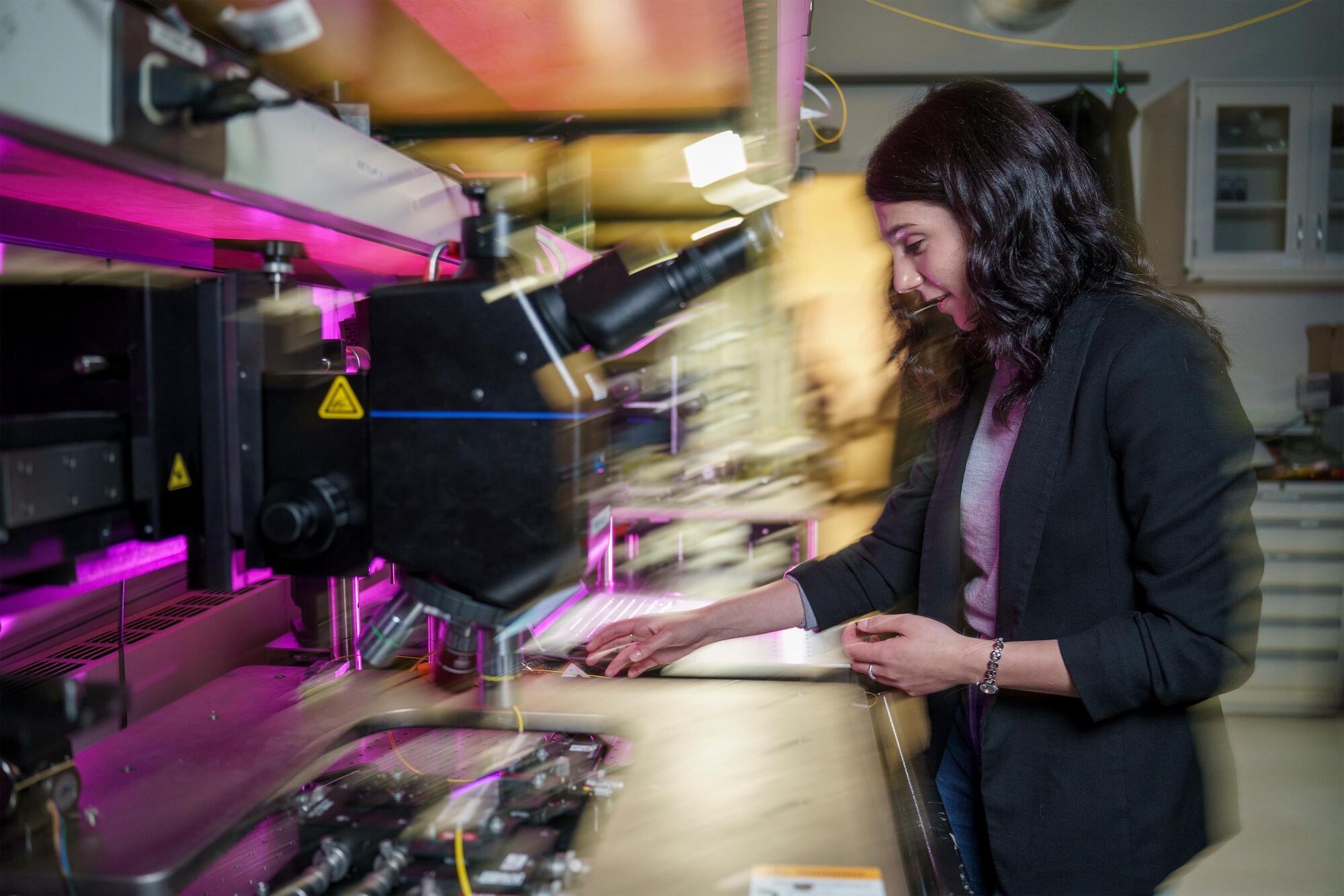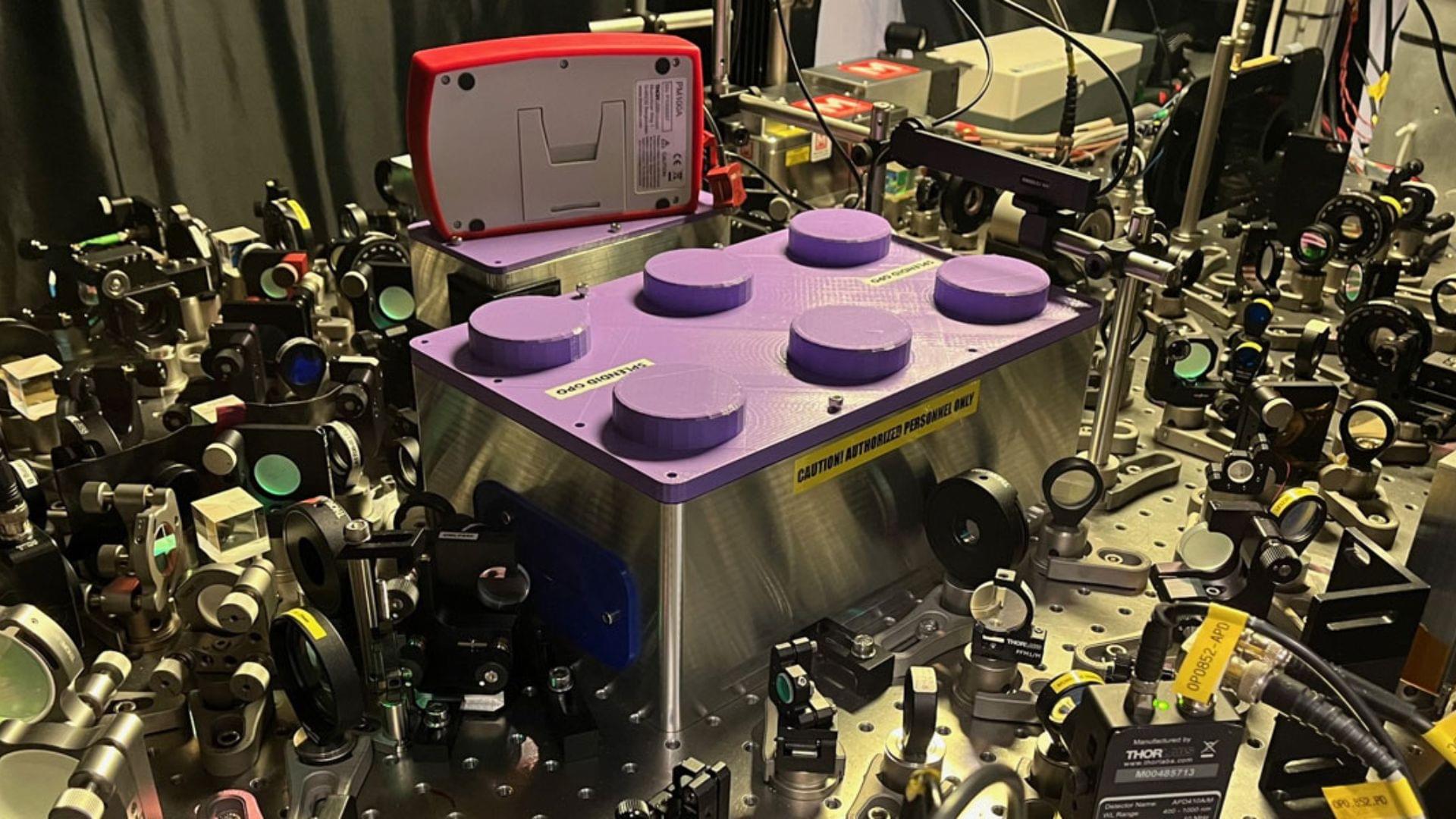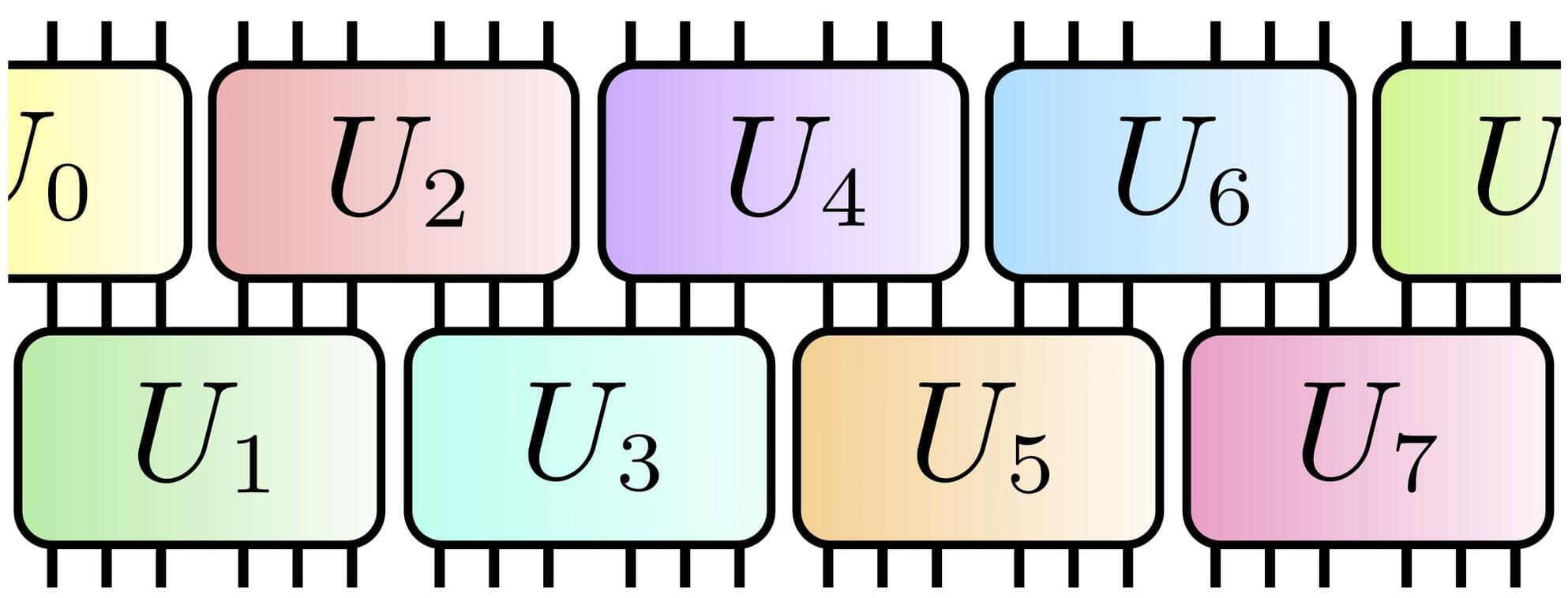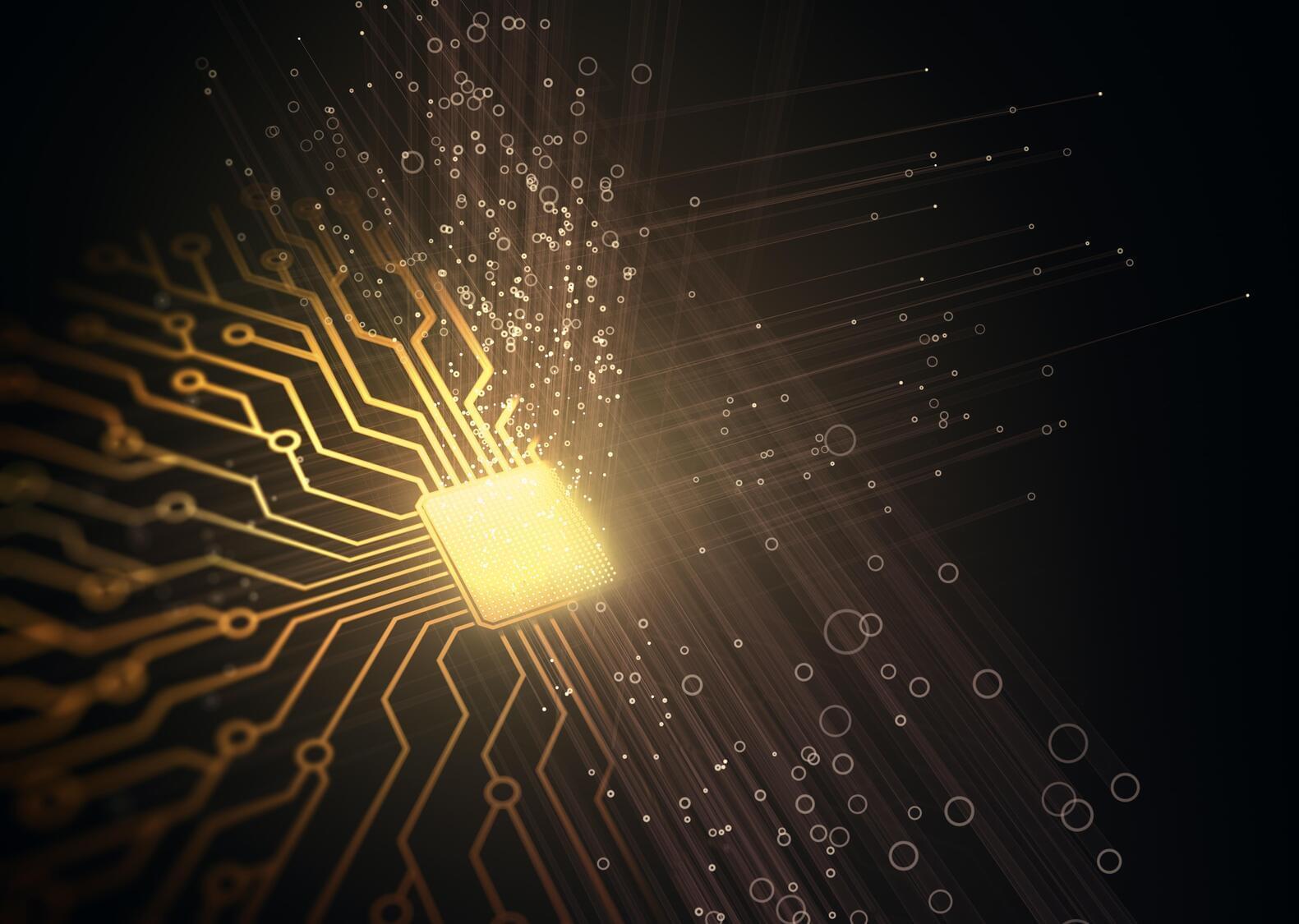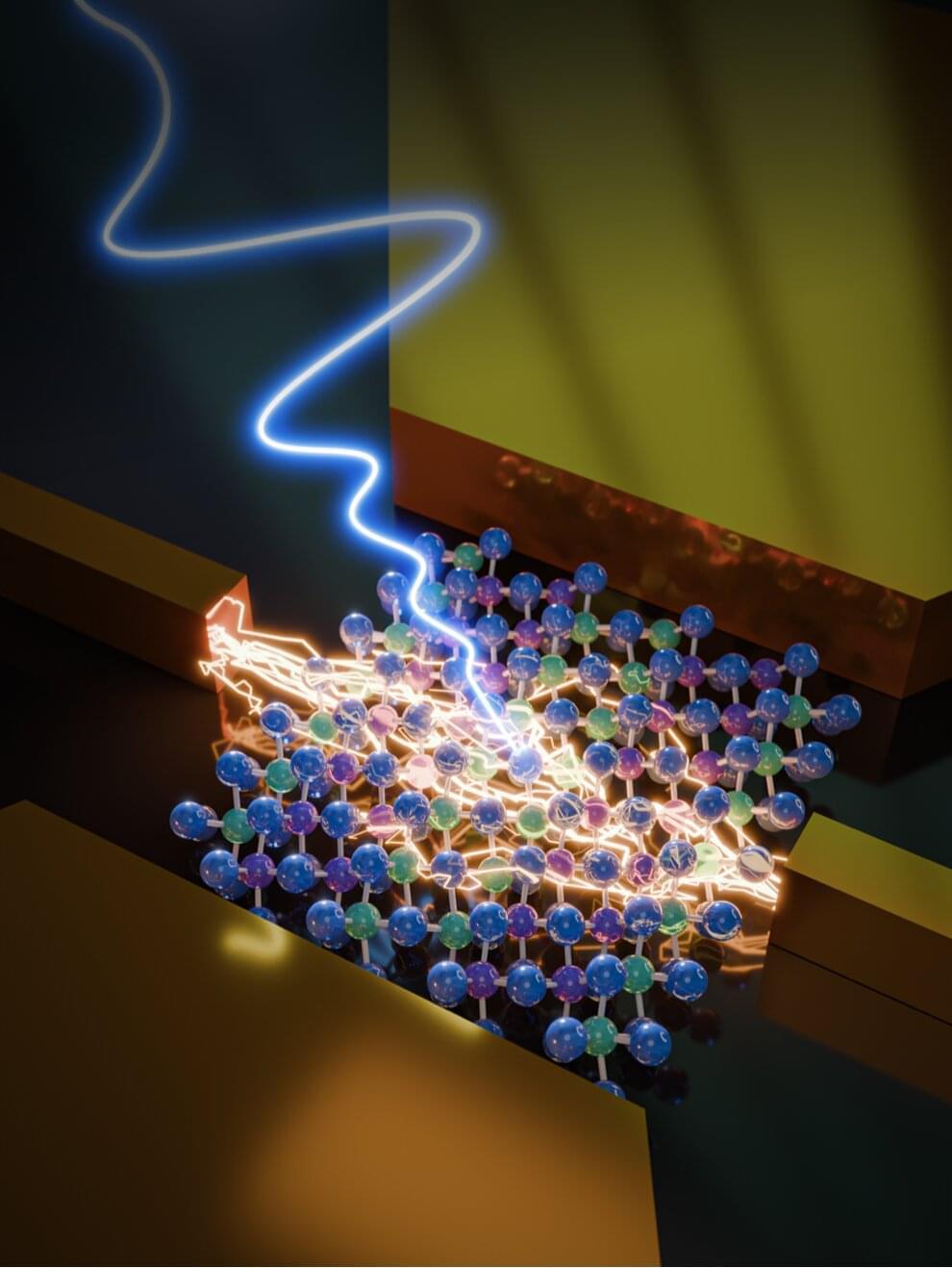Technologies such as biomedical imaging and spectroscopy could be enhanced by a discovery in research that involved several institutions, including the University of Glasgow. Scientists have found that two-photon processes, which have applications in the study of Alzheimer’s disease and other nervous system disorders, can be strengthened by quantum light at far higher levels than previously thought possible.
The processes normally require high-intensity light but this can cause samples to be damaged or bleached.
It was suggested many years ago—and has since been demonstrated—that entangled photon pairs could overcome this limitation. However, it has been widely believed that this quantum enhancement only survives for very faint light, raising doubts about the usefulness of the approach.
